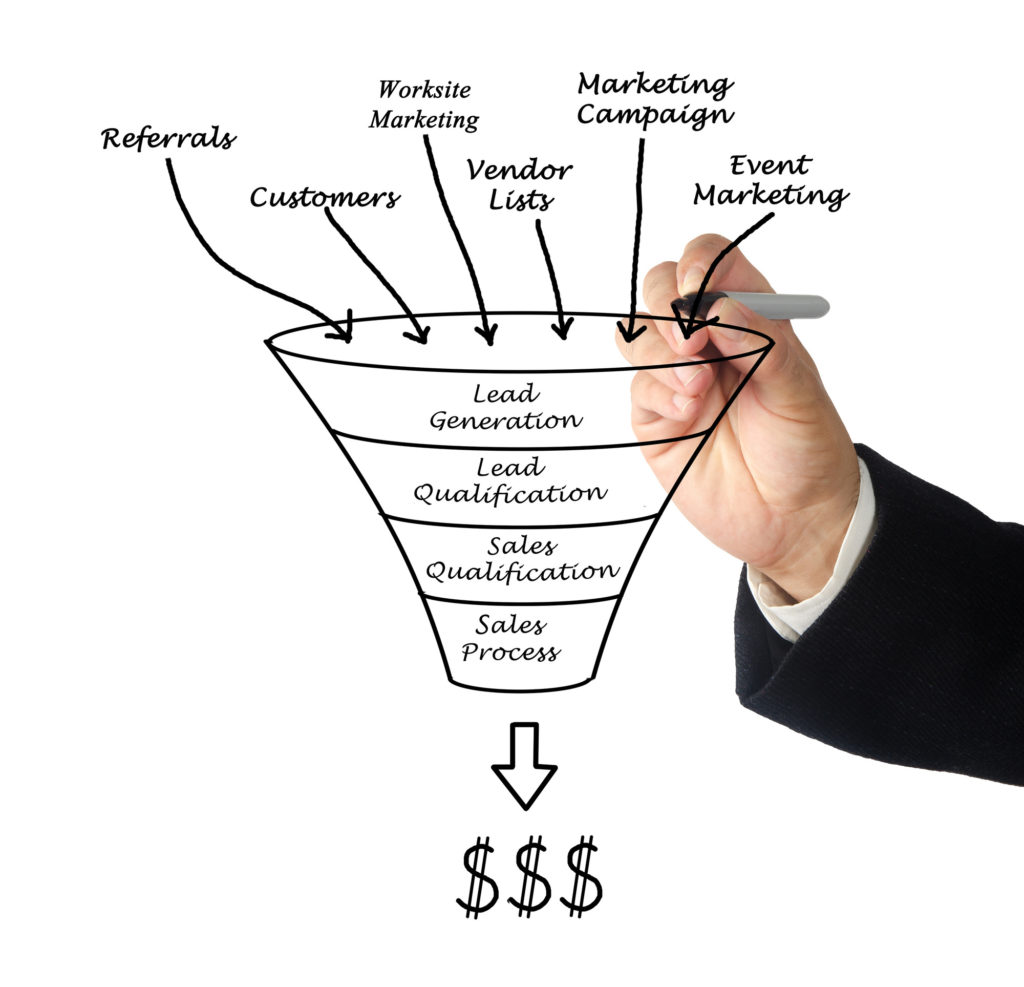How Is Digital Transformation Changing Marketing?
The growth of the internet and the boom of digital as a media format in addition to being a technology have had some great and astonishing consequences on today’s life. Digital technology made things faster and it has had huge consequences as far as marketing is concerned.
Whole new marketing opportunities have been created by properties of digital media such as more accurate metrics, combined with interactivity. So, digital technology as a marketing tool can play an important role. Digital transformation is changing the way marketing works.
The Unavoidable Change
Digital transformation might sound like a vague idea but the actual results are rather easy to comprehend. The changes are taking place for years but now the pace has accelerated.
When individuals dealing with professional industries speak about digital transformation, they are deliberating about the way digital technology is understood, and then used and integrated into the regular work tasks of people, be it daily, individual employee level, or the broader sense of total business processes.
In the medical or wellness industries, digital transformation can be something as effective as electronic health records. The shift to digital records allows the information to become more reachable, quicker to process, and health professionals will be enabled to make more informed decisions.
The Digital Funnel

Funnel is one of the initial positions where digital transformation effects marketing. Funnel is a conventional notion that is used by the marketers to plan the activities that are made by potential customers, taking a multi-stage journey that ultimately ends in an actual purchase.
The marketing funnel used to be clear-cut before the advent of digital technologies. The five stages involved in it are:
- Awareness – It is the phase where customers first understand that you offer an item or service they might be searching for.
- Interest – It is the stage when a customer does more search to see whether your business fulfills their requirements.
- Consideration – It is the phase where the shoppers are now taking a genuine interest.
- Intent – It is the stage when the customers begin deciding in the favor of a business as they feel they require a particular product or service.
- Decision – a potential customer becomes an actual customer after making a purchase.
Personalization Is Possible
The most efficient way in which the digital transformation has transformed how digital marketing works is it can now personalize content to specific consumers. The actions and behavior of consumers at an individual level can be tracked due to the mixture of metrics and interactivity, then take that information to offer a personalized marketing response.
Start by monitoring customer’s purchase, and then proposing similar products. You can monitor the interests of specific customers, make suggestions, and even send tailored emails depending on the behavior of the consumer before they convert using the metrics from social media platforms like Facebook. Figuring out where consumer interest lie is no longer a guess that the marketing experts need to take. Consumer interest can be monitored and tracked on social media.
Data Is King In Digitization
The absence of good quality and actionable information for marketing experts to base their decisions on was the only one but the largest ‘blind spot’ in marketing before digital transformation. For instance, if a billboard for a subway station was made, or a commercial was produced for television, there was no exact way to know the efficiency of that marketing content.
Analytics was a game-changer and marketing and digital transformation constantly highlight how beneficial it is going to be in all marketing efforts in the future. For example, a marketing team can know the number of people who watched a video on YouTube, Facebook, Instagram, and other social media platforms.
More precise user information and metrics can be obtained by the marketing experts which enables them to regulate and optimize marketing plans. What works and what doesn’t is much clearer now.
Interactivity Is Changing Marketing

Digital transformation has had an enormous, extraordinary influence on interactivity. Digital media is interactive and it gives people more options regarding what they have, how they have it, and with whom they share it.
For instance, people have a choice of what and in which sequence to view the information. People can interact with social media handles of the businesses and companies, ask questions, and get replies quickly. The option of customers giving feedback is also present.
Consumers can watch an influencer discuss a product or can directly interact by making comments, giving suggestions, and even getting quick responses during that live stream only. The level of engagement and interaction that was impossible before the digital transformation has changed the nature and scope of how marketers can get to their targets.
Automation Increases Proactivity
Timing is significant regarding influencing a purchasing decision. A shopper might be ready to make a purchase, but can stop right at the final stage i.e. at the shopping cart phase, before making to an actual purchase.
Automation combined with metrics allows the monitoring of consumer behavior. It can be dealt with without even needing human supervision. When certain data or actions are recognized, digital transformation can be used to make the software work on those conditions to send emails or tailored responses quickly, without the requirement of a human agent.
Conclusion
Digital transformation can influence an enormous spectrum of business operations and marketing activities. What is significant is to know what’s involved, learn from digital leaders throughout sectors, and make sure your company possesses the technology, practices, and talent in-house to improve and grow.
Deepak Wadhwani has over 20 years experience in software/wireless technologies. He has worked with Fortune 500 companies including Intuit, ESRI, Qualcomm, Sprint, Verizon, Vodafone, Nortel, Microsoft and Oracle in over 60 countries. Deepak has worked on Internet marketing projects in San Diego, Los Angeles, Orange Country, Denver, Nashville, Kansas City, New York, San Francisco and Huntsville. Deepak has been a founder of technology Startups for one of the first Cityguides, yellow pages online and web based enterprise solutions. He is an internet marketing and technology expert & co-founder for a San Diego Internet marketing company.



